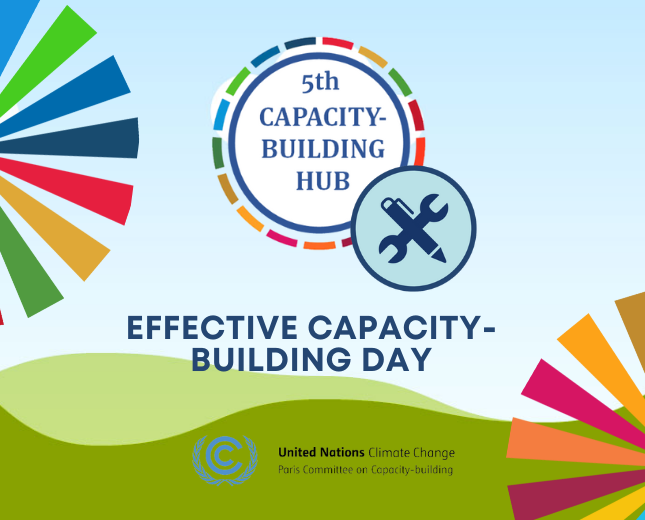Recording
Organizers
This session was organized by the lead partner Organisation for Economic Co-operation and Development (OECD) in collaboration with NDC Partnership
Background
The OECD Development Assistance Committee (DAC) is a unique international forum of many of the largest providers of aid, including 32 members. The overarching objective of the Committee is to promote development co-operation and other relevant policies so as to contribute to implementation of the 2030 Agenda for Sustainable Development, including inclusive and sustainable economic development, the advancement of equalities within and among countries, poverty eradication, improvement of living standards in developing countries, and to a future in which no country will depend on aid.
Central among this objective is developing the capacities of partner countries, notably in the area of climate change – a central objective of the DAC Declaration on a New Approach to Align Development Co-operation with the goals of the Paris Agreement on Climate Change (2021). Capacity building efforts for climate action and ambition are the basis of what many donors and other stakeholders do to support developing countries. Many of these efforts are proven effective, yet there is not enough information on which approaches are worthy of replication, scale up and broader dissemination. This is especially true in the case of Small Island Developing States (SIDS), which are amongst the most vulnerable country contexts and have fundamental capacity constraints.
Donors and other providers of development co-operation are working to develop the capacities of SIDS, a point also highlighted by the DAC Declaration. Overall, SIDS need more flexible approaches to accommodate their unique circumstances and overstretched capacities and are one of the main beneficiaries from the NDC Partnership model which aligns its members to provide collective support to more than 90 countries, many of them SIDS.
The major capacity constraints faced by their public sectors affect all stages of the policy process, hindering in turn the effectiveness of development co-operation. In that context, SIDS value current capacity development approaches (e.g. workshops, ‘fly-in-fly-out’ consultants) but question the sustainability of their results. Donors and other stakeholders need to reconsider when to use these approaches and ensure that they do no harm (e.g. introduce counterproductive incentives or distort local labour markets). To do so, they can emulate a number of approaches that work, such as end-to-end project accompaniment, peer-to-peer exchange, mentoring and coordinated facilitation, as for instance offered though the NDC Partnership.
Objectives
-
Increased stakeholder awareness of the climate-related capacity-building challenges, difficulties and needs of SIDS
-
Exchange of good practices, case studies and lessons learnt of concrete capacity-building efforts in SIDS, documented through a recent OECD report
-
Promotion of collaboration among donors, other stakeholders and SIDS to boost capacity development efforts for climate action and ambition
-
Showing results of aligned support from concrete examples in São Tomé and Príncipe and Samoa
Speakers
|
Name
|
Affiliation/Organization
|
|
Ms Pilar Garrido
|
Development Co-operation Directorate, OECD
|
|
Mr Pablo Vieira Samper
|
NDC Partnership
|
|
Ms Birgit Strube
|
BMZ, Germany
|
|
Ms Vainalepa Toiata Uili
|
Ministry of Natural Resources and Environment, Samoa
|
|
Ms Sulisa Quaresma
|
Directorate-General for the Environment and Climate Action, São Tomé and Príncipe
|
|
Ms Vera Leitão Machado
|
Efrican Foundation
|
Key Outcomes
- OECD report on climate-related action and ambition in Small Island Developing States (SIDS) was launched.
- Discussion focused on the situation of Sao Tomé and Príncipe, and explored approaches from Germany and the NDC Partnership to connect capacity needs with solutions and funding for SIDS.
- The session emphasized that capacity constraints are closely tied to the overall development situation of a country and should be addressed considering the reality of the development context on the ground.
Resources
Session slides
Capacity Development for Climate Change in Small Island
Developing States (OECD 2023)

